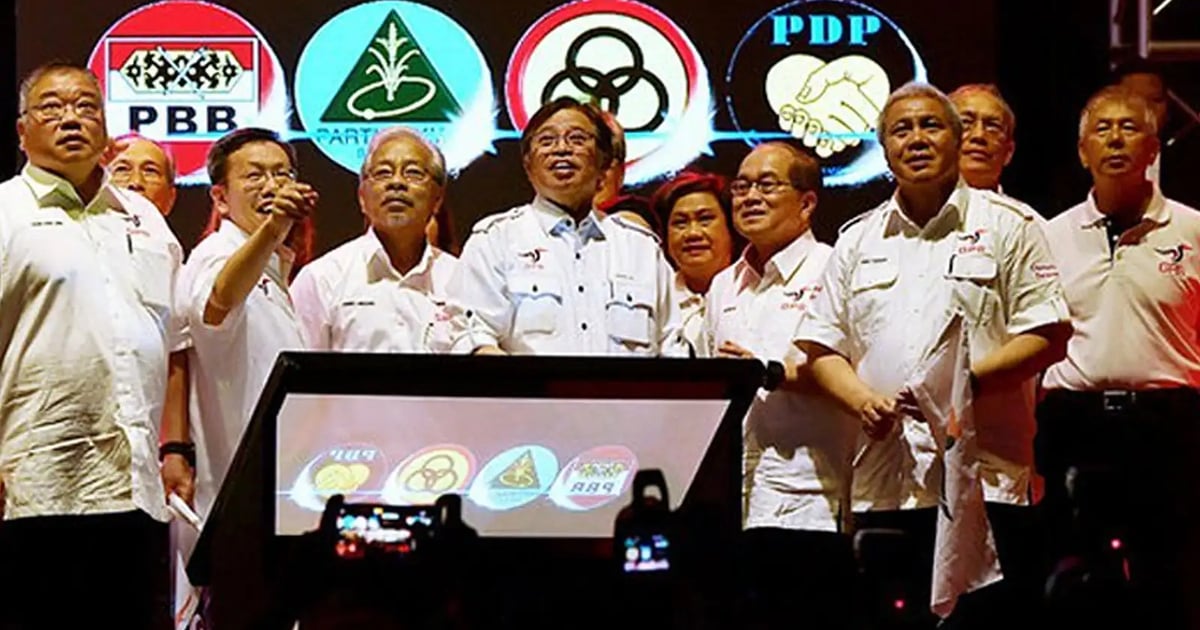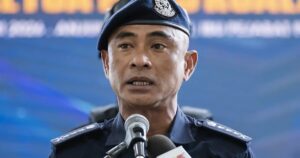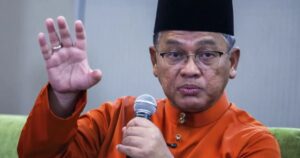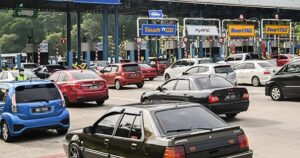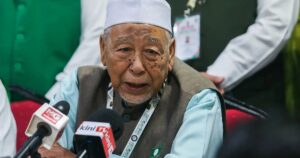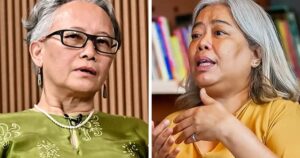
Analysts attribute Sarawak’s brand of inclusive and moderate politics in part to the state’s multiracial makeup, which ensures politicians have no incentive to test ethno-religious sensitivities.
National Professors Council fellow Jeniri Amir said the strong multiracial fabric in Sarawakian society was visible in the large number of mixed families, preventing leaders from stoking racial sentiments.

“For example, one may be a Melanau while his wife is Iban, and his brothers-in-law are Chinese. So if someone says something about the Chinese, they might offend their own family. If I say something about the Dayaks, I’ll also offend my own family members.
“We cannot afford to create tensions because of politics. We ‘jaga hati’ (are mindful of the feelings) of our family and friends. That’s why we have a lot of rational leaders.
“There is that respect that has been established,” he said in an interview with FMT.
Because of this, Jeniri said, race and religion have never dominated Sarawakian politics, unlike in Peninsular Malaysia. Whenever racial rhetoric dominates headlines in the peninsula, Sarawakians often look on with disbelief, he added.
He said politicians in West Malaysia should emulate Sarawak’s political model, which has enabled the Bornean state to stay clear of the tensions often seen in the peninsula.
“In Sarawak, the political narrative is very much based on multiracialism. That is the hallmark of politics in Sarawak. We don’t play the race card. That’s the tradition of the parties here, especially Parti Pesaka Bumiputera Bersatu (PBB).”

Universiti Malaysia Sarawak’s Dick Lembang Dugun said the state’s multiracial values are best reflected by Gabungan Parti Sarawak (GPS), the ruling state coalition.
He cited the makeup of GPS as well as its lynchpin, PBB, which is divided into the Bumiputera and Pesaka wings, with branches grouped into each wing.
The Bumiputera wing comprises members from the Malay, Melanau and Kedayan communities, while the Pesaka wing comprises those of the Dayak communities, including the Iban, Bidayuh, and Orang Ulu.
The largely Chinese-based Sarawak United People’s Party and the multiracial Progressive Democratic Party and Parti Rakyat Sarawak are also part of GPS.
“In Sarawak, we don’t have a single party for a single race,” said Dugun.
He also said opposition parties in Sarawak such as DAP and PKR operate differently here compared to their West Malaysian counterparts.
“Although they are the same parties by name, the differ in terms of their struggle. (In Sarawak) they don’t use race and religion to stir sentiments.”
Dugun said political leaders in Sarawak have cultivated a unique political culture grounded in moderation and unity, adding that the political messaging that resonates most with Sarawakians is one that focuses on stability and inclusivity.
“Sarawak is not like the peninsula. We have our own way. Our politics is different. We don’t focus on race. We focus on unity and development,” he said.
